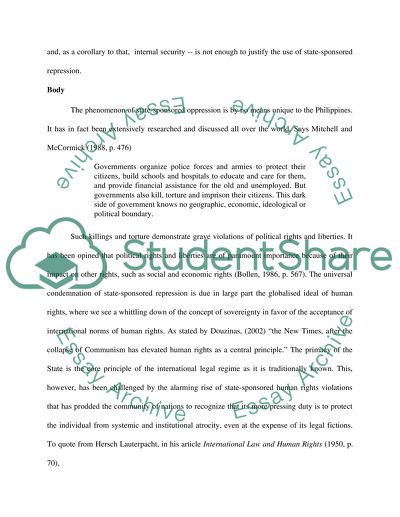Cite this document
(“A bill of rights is essential to protect citizens from their Essay”, n.d.)
Retrieved from https://studentshare.org/miscellaneous/1537682-a-bill-of-rights-is-essential-to-protect-citizens-from-their-government-discuss
Retrieved from https://studentshare.org/miscellaneous/1537682-a-bill-of-rights-is-essential-to-protect-citizens-from-their-government-discuss
(A Bill of Rights Is Essential to Protect Citizens from Their Essay)
https://studentshare.org/miscellaneous/1537682-a-bill-of-rights-is-essential-to-protect-citizens-from-their-government-discuss.
https://studentshare.org/miscellaneous/1537682-a-bill-of-rights-is-essential-to-protect-citizens-from-their-government-discuss.
“A Bill of Rights Is Essential to Protect Citizens from Their Essay”, n.d. https://studentshare.org/miscellaneous/1537682-a-bill-of-rights-is-essential-to-protect-citizens-from-their-government-discuss.


